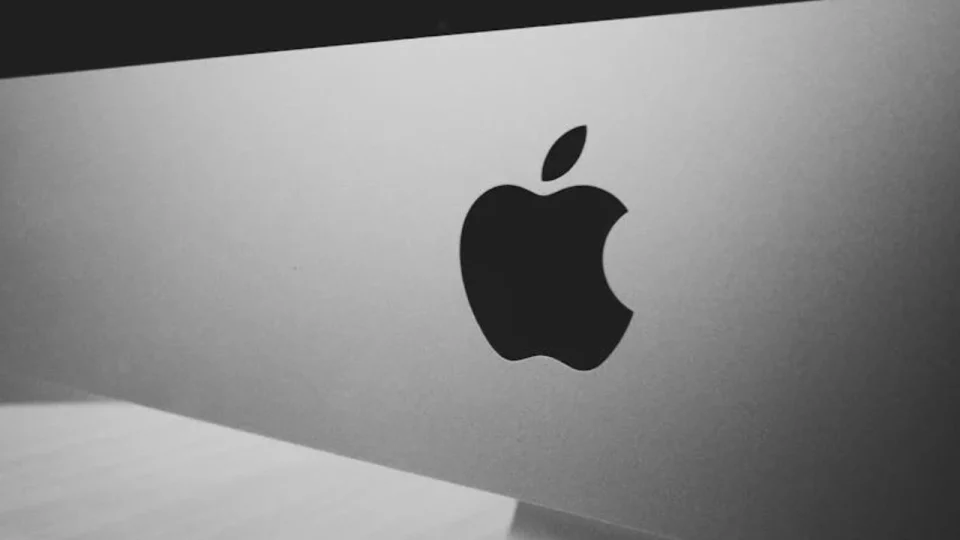Apple recently found itself at the center of a privacy controversy regarding its voice assistant, Siri, after settling a $95 million class-action lawsuit.
While the settlement has sparked debates over Apple’s handling of Siri user data, the tech giant firmly denied allegations that it recorded private conversations without consent or used the data for advertising purposes.
With its reputation for prioritizing user privacy on the line, Apple has responded with a strong statement clarifying its practices.
Table of Contents
The Lawsuit
The legal dispute began when plaintiffs accused Apple of routinely recording private conversations through Siri and sharing the data with third parties, including advertisers. According to the allegations, these recordings were triggered unintentionally by users, without their knowledge or consent, and the data was then improperly disclosed.
The lawsuit, which affected millions of Apple customers, claimed that these alleged practices were inconsistent with the company’s well-advertised commitment to privacy. Plaintiffs demanded accountability, ultimately leading Apple to settle for $95 million. This amount allows eligible customers to claim up to $20 per Siri-enabled device they own, including iPhones and Apple Watches.
Despite agreeing to the settlement, Apple did not admit to any wrongdoing. Legal settlements often aim to avoid prolonged courtroom battles, which can be expensive and damaging to a company’s reputation, even if the accusations are unfounded. In this case, the settlement provided an opportunity for Apple to close the chapter without conceding guilt.
Check also: Apple Fights for Market Share in China with Rare iPhone Discounts
Apple’s Response: A Strong Denial of the Allegations
In the days following the settlement, social media and news outlets buzzed with speculation, with many interpreting the agreement as an implicit acknowledgment of the allegations. Apple moved swiftly to refute these interpretations, issuing a statement to reassure its customers.
“Apple has never used Siri data to build marketing profiles, never made it available for advertising, and never sold it to anyone for any purpose,” the company stated firmly.
The Cupertino-based tech giant emphasized its longstanding commitment to privacy, highlighting that Siri is designed with features to limit data collection.
Apple clarified that Siri only uses real-time input from its servers when necessary to deliver accurate results for users. Furthermore, the company reiterated that audio recordings of Siri interactions are not retained unless users explicitly opt in to share them for improving Siri’s performance. Even in such cases, the recordings are used solely for that purpose and not for any commercial activities.
Yo might like also: Apple Strengthens Emergency Connectivity with Major Globalstar Investment
Siri and Privacy: The Technical Safeguards in Place
To support its claims, Apple detailed the measures it has implemented to ensure user privacy in Siri interactions. These safeguards align with the company’s broader philosophy of minimizing data collection while enhancing user experience.
Key privacy-focused features of Siri include:
- Local Processing by Default: Most Siri interactions are processed on-device, ensuring that user data does not leave the device unless absolutely necessary.
- Anonymized Data: When server-side processing is required, Siri uses anonymized identifiers, detaching personal information from the data being processed.
- Explicit Consent: Apple does not retain or analyze Siri audio recordings without the user’s explicit permission. Opting in to share data for Siri improvement is a voluntary process that users can enable or disable at any time.
Apple also stated that it is committed to advancing technologies that further enhance privacy for Siri users. The company has invested heavily in privacy-focused artificial intelligence (AI) and machine learning to improve Siri’s functionality while keeping user data secure.
